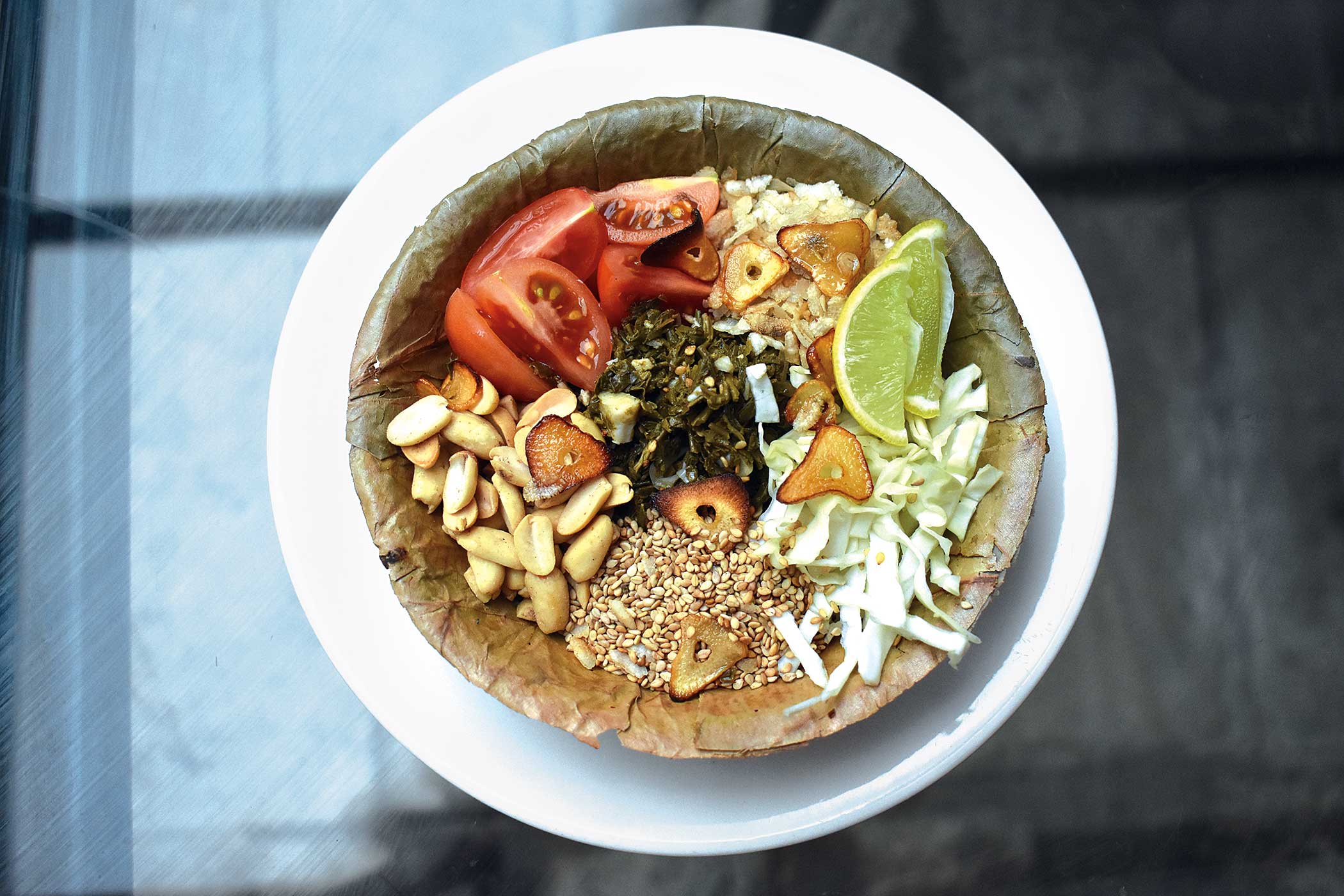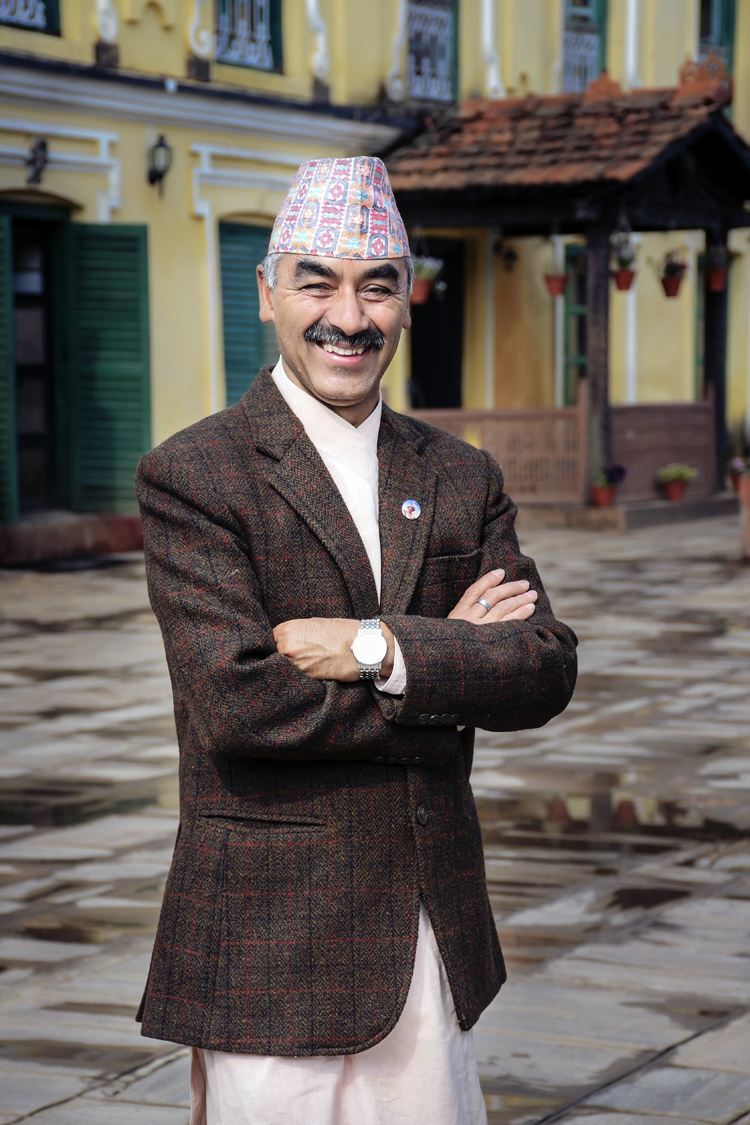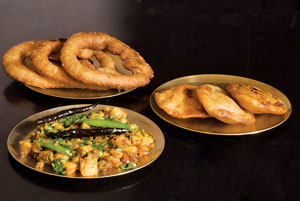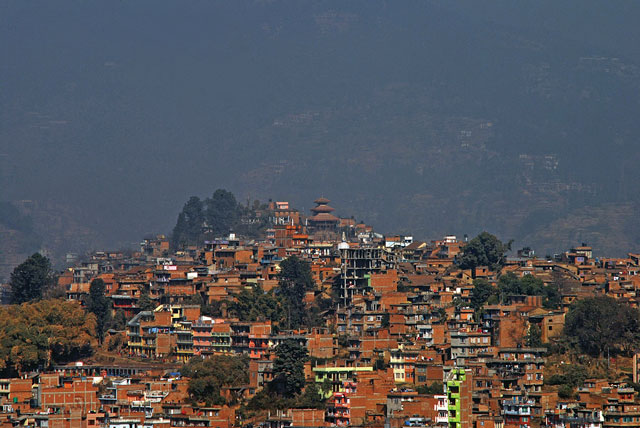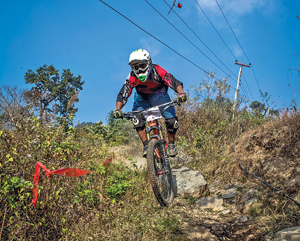Rediscovering Timboor in it’s truest form
The half an hour flight to Lukla seemed like ages, as I tried to hold on to dear life. I was on the verge of surrendering myself to the Almighty when the short ‘ting’ calmed me down a bit; the red ‘fasten seat belt’ sound always seem to have that calming effect on me. We were about to land at one of the world’s most dangerous airports - Lukla Airport in Solukhumbu. As I looked down from the window, I could see the tiny landing strip below and the plane seemed rather unbalanced and shaky as it tossed and turned aggressively. Were we going to make it to Lukla, or were we going to make headlines? I wondered, as the plane dropped altitude.
 Lukla seemed a strange place compared to the numerous treks I have done in and around Pokhara and Annapurna, particularly the altitude; it just hits you the moment you get off the plane. After a quick approbation of the surrounding black hills, I traced my way to a small teahouse owned by an old acquaintance where I had to drop off a very important letter. As I was coming out, I noticed she had a plate of hot roasted potatoes in one hand and some rough grounded powder in the other. She offered me a potato and I gladly picked one and dipped it in the powder as she commented that “Its timboor”. I knew what it was and I sumptuously swallowed it. It felt so different unlike the tastes I had known earlier. It had a particular sting that madly numbed my tongue -but it was a good sting.
Lukla seemed a strange place compared to the numerous treks I have done in and around Pokhara and Annapurna, particularly the altitude; it just hits you the moment you get off the plane. After a quick approbation of the surrounding black hills, I traced my way to a small teahouse owned by an old acquaintance where I had to drop off a very important letter. As I was coming out, I noticed she had a plate of hot roasted potatoes in one hand and some rough grounded powder in the other. She offered me a potato and I gladly picked one and dipped it in the powder as she commented that “Its timboor”. I knew what it was and I sumptuously swallowed it. It felt so different unlike the tastes I had known earlier. It had a particular sting that madly numbed my tongue -but it was a good sting.
I felt warm within seconds, which helped me get on with my journey down a dusty-stony path filled with trekkers, porters, villagers and not to forget the Dzopkyo trains. It was the last phase of spring and many teahouse owners were migrating to Kathmandu because monsoon was fast approaching. Amidst the busy human traffic along the trail, I noticed endless lines of bushes along the edges, its leaves thick and spiny. People hardly seemed to notice the bright red berries that decorated the bushes like a Christmas tree.
 It was dusk and I found myself amongst unfamiliar faces of weary hungry travelers huddled closely to the kitchen fire while the lodge owner’s wife was busy preparing dinner. “You serve food here, don’t you?” – was my prompt question. Everyone looked at me as if I had uttered a forbidden word? – “Its monsoon, and we are closed, but we have potatoes if you want,” she replied. She brought me a plate of potatoes with timboor and it seemed like I could eat a dozen. “We have lots of these growing around, goes well with the potatoes,” said the owner’s wife. We mostly prepare timboor achaar at home grinded finely with boiled tomatoes and chilies but this one was different and sharp, “very sharp” I said. “Well, it’s good for you travelers, you won’t get mountain sickness,” she added. I had never heard of that one before and politely nodded in acknowledgment. She quickly came over and vigorously dropped a handful of powder on my plate. I survived the cold nasty night.
It was dusk and I found myself amongst unfamiliar faces of weary hungry travelers huddled closely to the kitchen fire while the lodge owner’s wife was busy preparing dinner. “You serve food here, don’t you?” – was my prompt question. Everyone looked at me as if I had uttered a forbidden word? – “Its monsoon, and we are closed, but we have potatoes if you want,” she replied. She brought me a plate of potatoes with timboor and it seemed like I could eat a dozen. “We have lots of these growing around, goes well with the potatoes,” said the owner’s wife. We mostly prepare timboor achaar at home grinded finely with boiled tomatoes and chilies but this one was different and sharp, “very sharp” I said. “Well, it’s good for you travelers, you won’t get mountain sickness,” she added. I had never heard of that one before and politely nodded in acknowledgment. She quickly came over and vigorously dropped a handful of powder on my plate. I survived the cold nasty night.
I reached Dole after two days and my mouth was still numb but it wasn’t all bad. It was enlightening for me to rediscover timboor in its truest form. I returned home a bit wiser and while it still happens to be one of my favorites, I have kept myself away from it for quite some time after that maiden voyage to Lukla.


